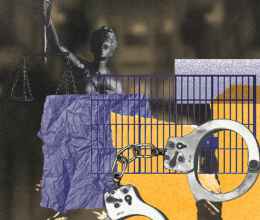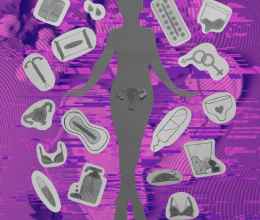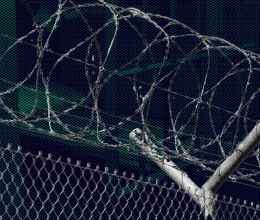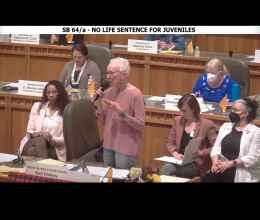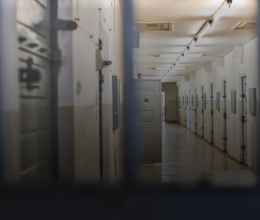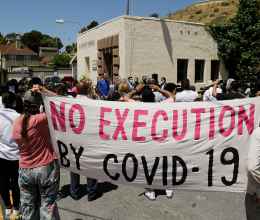For the past seven months, rarely has a day gone by that the ACLU hasn’t received a desperate call or email from someone who has a family member or loved one locked up in one of our state’s jails or prisons. They are mothers, fathers, siblings, spouses – all terrified that someone they love will get sick because our state has abdicated its responsibility to prevent the unchecked spread of a deadly virus inside its detention facilities.
Tragically, what these New Mexicans have been fearing for the better part of a year has come to pass. The coronavirus is currently spreading like wildfire through jails and prisons, with hundreds of cases reported in Bernalillo County’s Metropolitan Detention Center alone. These outbreaks pose a deadly threat not just to the people who are incarcerated inside, but to the employees who work there and the families and communities they go home to.
This was entirely predictable and entirely preventable. Seven months into this pandemic we well knew how to protect ourselves and each other from this virus. For seven months, New Mexicans have been asked to make difficult but necessary changes to our lives in order to protect ourselves and our communities from COVID-19. We have missed weddings, graduations, first days of kindergarten and so much more for the greater good. We have stayed home, stayed distant from one another and adhered to rigorous standards of hygiene.
The current state administration, however, has largely turned a blind eye to the fact that these basic preventative measures are impossible in the correctional setting. How can you stay home if you are locked away? How can you socially distance when people are packed dozens to a room? How can you observe enhanced cleanliness and hygiene without adequate access to masks, cleaning supplies and soap?
Gov. Michelle Lujan Grisham’s administration made a token effort in the early days of the pandemic to address the spread of coronavirus in New Mexico’s jails and prisons, but it fell far short of what was needed and what other states have managed to achieve. What we need is a massive decarceration effort that focuses on removing people who are at especially high risk from the virus, those who are held on non-serious charges, and people who are near the end of their sentences.
We also must stop locking up people who should never be behind bars in the first place. Even were we not in the middle of a once-in-a-century global pandemic, there’s no reason we should be locking people up for minor infractions like illegal camping, trespassing, traffic violations, shoplifting, drug possession or unpaid fines. In normal times, these kinds of arrests waste limited law enforcement resources, burn taxpayer dollars and trap community members in a criminal legal system that fails to address any of the underlying causes of crime. In the midst of a pandemic, cycling people in and out of jails for minor infractions where they become exposed and expose others is morally indefensible and an act of public health malfeasance.
The governor regularly admonishes us to stay vigilant, to avoid “COVID fatigue,” but state and local officials have not held the criminal legal system to the same standard. MDC recently implored the Albuquerque Police Department to “exercise discretion” regarding arrests for petty infractions in order to help slow the unchecked viral spread in the state’s largest jail, but officers continue to make arrests for crimes of poverty, such as sleeping on a park bench after hours. This kind of law enforcement behavior must stop if we are at all serious about slowing the spread of this deadly virus in our communities.
It is up to state and local leadership to get our criminal legal system pulling in the same direction as the rest of New Mexico when it comes to fighting this virus. The health and the safety of everyone, not just our incarcerated community members, depends on it.
This op-ed was originally published in the Albuquerque Journal.

